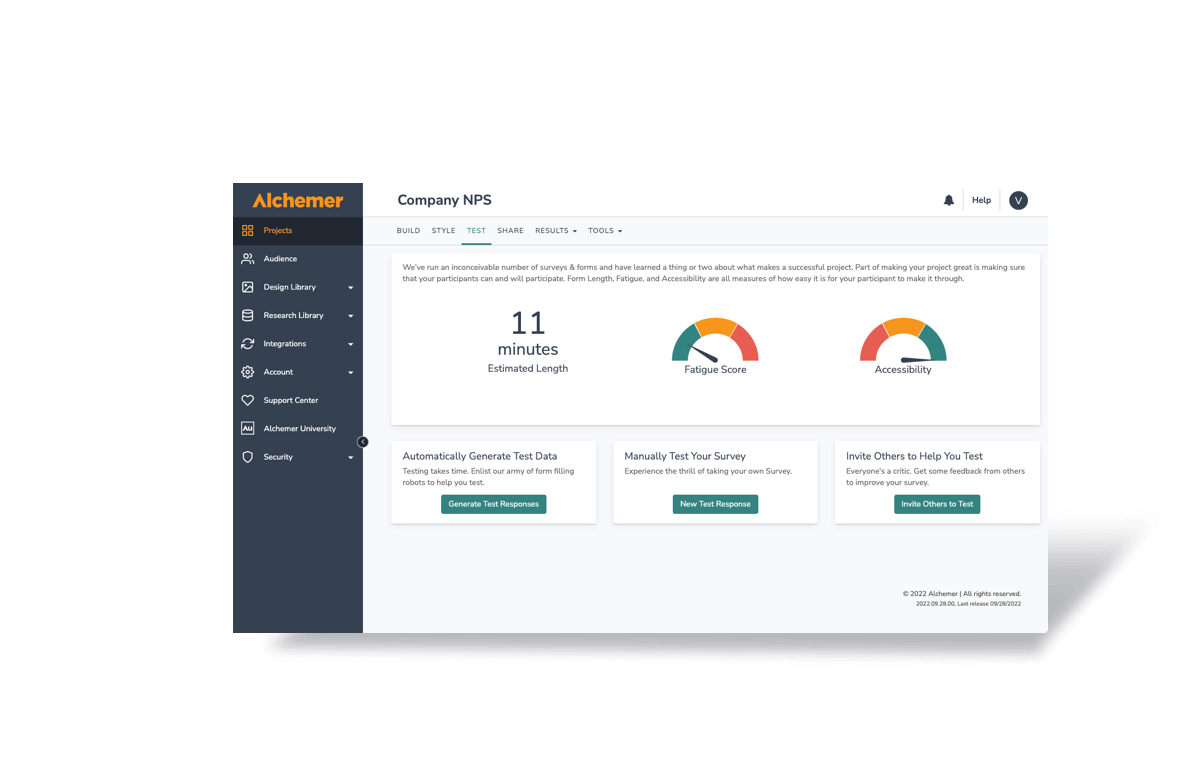Many companies understand the value of customer experience but lack the analytics needed to strategically scale
Seventy-five percent of organizations think they focus on customers. However, only thirty percent of consumers agree with them, according to Capgemini.
Today, many studies show that a good customer experience (CX) helps companies succeed and grow their revenue.
Although 60 percent of global chief customer officers confirm that CX-related initiatives drive revenue, nearly 90 percent have yet to take action on their vision, according to a 2016 PwC study.
“In today’s customer experience economy, companies are no longer compared to their direct competitors. They are compared to the best service they ever received — from any company or person,” according to Shep Hyken, Forbes contributor and chief amazement officer at Shepard Presentations.
Uncertainty regarding where in the CX journey to focus
Companies often concentrate on specific parts of the customer experience. They forget to consider the entire journey. This can lead to missed opportunities for improvement.
To create a lasting and impactful customer experience, companies must improve many touch points across different channels. They should also enhance the experiences between these touch points, not just focus on one.
Behavior-based data drives the shift in CX, showing that consumers buy experiences, not things.
Purchasing investments are triggered by experience over a physical good, according Thomas Gilovich, social psychologist at Cornell University’s Behavioral Economics and Decision Research Center.
How technology enhances a CX strategy
Creating CX that aligns with today’s digitally-empowered consumer is challenging. Sustaining such a CX is even more difficult without the right tools for data collection, analysis, and insights.
Over the last two decades, consumers have developed expectations for personalized, on-demand, and increasingly valuable service. This shift is a direct result of brands making data-driven decisions. Brands that execute this effectively (e.g., Nordstrom, Zappos, etc.) all credit their success to combining behavioral economics and data.
In fact, Capgemini found that 81 percent of consumers are willing to pay more for a better customer experience.
In short, CX involves understanding human emotions and buying habits. It also includes gathering and using data to make changes.
One of the biggest things that companies require to identify, develop, and refine their CX is data. Simply having access to the data is not enough. Companies must also know how to work with the data and communicate it effectively. Only then can they ensure that others will take action.
That’s where technology come in.
Related: Providing excellent customer service with surveys
Organizations now face the challenge of communicating their data effectively, as the abundance of available data—once a hurdle—has shifted the focus from access to communication.
Without the ability to communicate the data narrative effectively to key stakeholders, the data risks falling flat. When this happens, it is as good as not having any data at all. Often, this brings many organizations back to square one.
The benefits of the Alchemer and Salesforce integration
Alchemer allows companies to receive data from customers regarding their experiences with the product/service, company representatives, and more.
Our platform allows companies to automate their data collection efforts via surveys, assessments, and quizzes to gather information about the entire customer journey. You can leverage this invaluable data to make more informed CX decisions.
Common ways Alchemer is leveraged to optimize CX
The versatile and flexible Alchemer platform serves many purposes. Most commonly, it helps companies measure and refine CX strategies:
- Customer satisfaction
- Lead generation
- Net Promoter Score
- Customer engagement
- Customer loyalty
- Competitive analysis
- Market research
- Buyer persona development
Alchemer empowers CX stakeholders throughout the company by visualizing insights in a central and easy-to-understand way. Its robust reporting capabilities allow users to easily consume, analyze, and take action based on the data.
A data-driven CX strategy becomes even more powerful when supported by these features. Adding a strong customer relationship management (CRM) tool like Salesforce enhances this strategy further.
These two tools work together by combining Alchemer’s data collection and analysis with Salesforce’s industry-leading practices. Alchemer handles data collection, while Salesforce captures leads and attributes behaviors and experiences to specific customers.
When companies integrate Alchemer with Salesforce, they can push data collected in Alchemer to standard or custom Salesforce objects. In turn, this makes the data available to drive workflow rules, reporting dashboards, and more.
Overall, the two platforms can work together to help companies gain actionable insights from their customers. They also automatically route form submissions into Salesforce to ensure leads do not fall through the cracks. Additionally, they optimize sales strategies to drive more closed-won opportunities.
Click here to learn more about how your CX program can benefits from the Alchemer and Salesforce integration.




